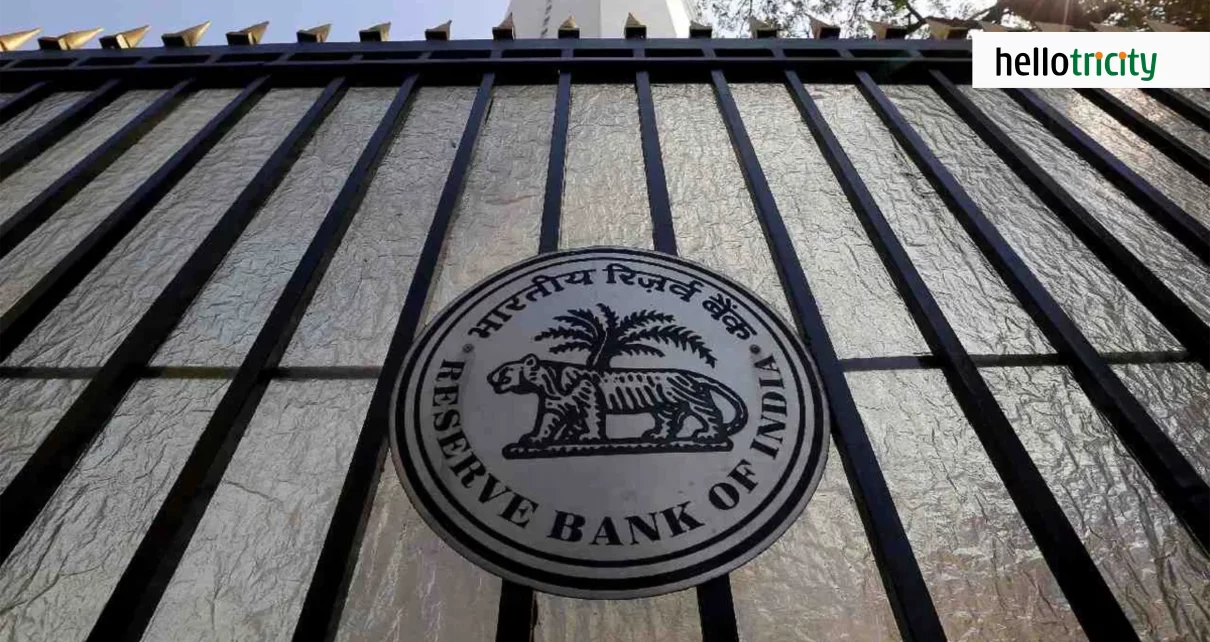In the upcoming fiscal year 2023-24, the Reserve Bank of India (RBI) will pay a cash dividend of Rs 2.11 lakh crore to the Central Government, marking the highest sum ever paid by the central bank to Government since inception. The transfer of this amount reflects an enormous growth of nearly 141% compared with what was remitted in the previous fiscal year 23 when only about Rs 87416 crore had been moved from banks into national coffers.
After reviewing the global and domestic economic scenario at the 608th meeting of the Central Board of the RBI, the decision was made. It is estimated that the Indian economy recorded strong performance during FY24 which is a key reason for the surplus increase. It is important to mention that the Contingency Risk Buffer (6.5%) was increased by the RBI from 6%, which shows that there is still much attention on the side of financial stability.
This huge dividend payment is anticipated to go a long way in the government’s endeavors to reach its fiscal deficit targets in the next financial year. It could either fund different social welfare plans or make the necessary investment in infrastructure and bridge the fiscal deficit.
Also Read: Iconic Range Rover To Be Assembled In Pune, Prices Slashed By Up To 22%
Some experts are optimistic about the move, suggesting that it would generate income for the government to spearhead economic revival. But some worry over the likelihood that RBI’s reserves will be down by the move hence hindering its capability in addressing possible future economic problems.
Chosen by RBI in 2019, the Economic Capital Framework (ECF) describes how much to give as the extra to government. This framework helps to balance, keeping enough money for operation needs of RBI while financing the government.
The RBI’s dividend payout is a significant event with potential consequences for both the central bank and the government. Immediate financial relief will be provided by it; however, long term implications on the RBI’s financial strength and ability to manage monetary policy effectively need to be properly considered.




